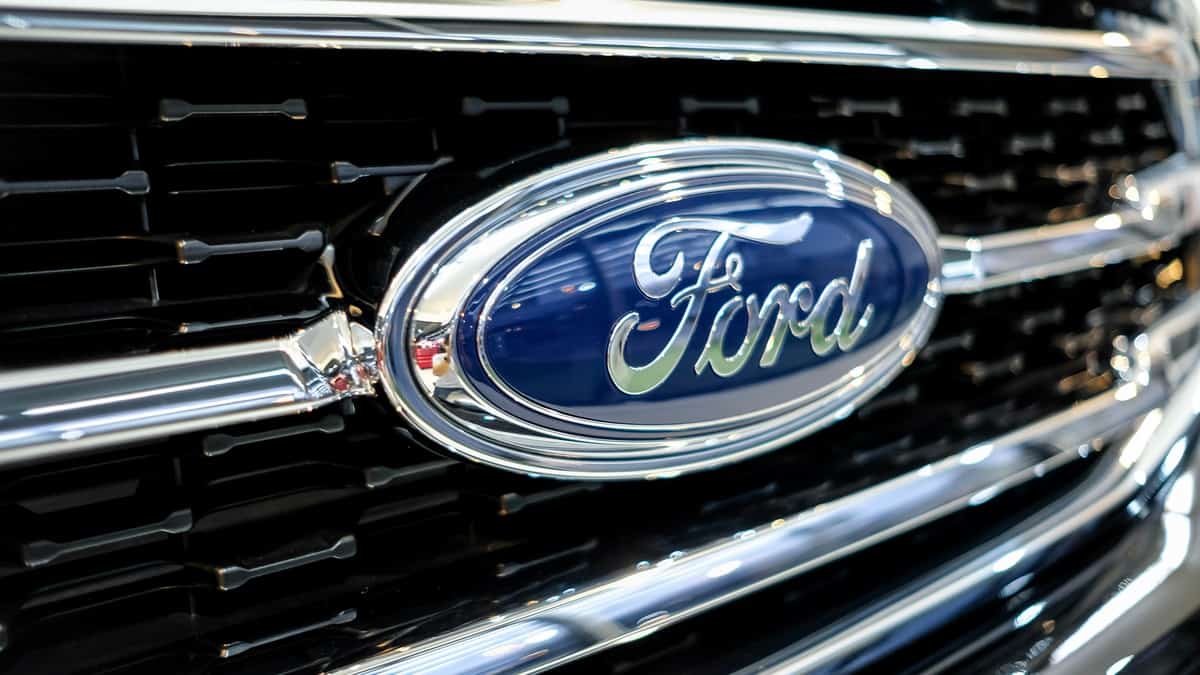The American automaker Ford has announced that its dealers will have an additional month to consider before the investment deadline in the brand’s electric vehicle future, as per Teslarati.
Ford’s dealership system
Ford declared the news this year for restoring the US dealership system. So, while the company sees widespread dealer network benefits, the manufacturer also wants to be price competitive with new direct-to-consumer options. To do so, they made a demand of their dealerships; to invest in an electric future or be cut off from it.
According to Automotive News, dealers now have an extra month to decide on their future, which gives them until the end of November to pick.
Notably, Ford’s new deal with its dealers is relatively simple. To sell Ford EVs, a venture that became profitable, a dealer must be “certified” with Ford corporate.
Dealer’s certifications for EV charging
A basic certification needs dealers to invest a small amount in EV charging at their facilities and, in turn, grants them a minimal number of EVs per year. However, dealers can choose to invest more into the project and, therefore, could receive more EV allocations via higher levels of “certification.”
Certified dealers must invest about $500,000 to install one public-facing DC fast-charging station. Those dealerships will be providing EV services but will have limited allocations.
On the other hand, certified elite dealers are to invest more than $1 million for two DC fast chargers installation. At least one must be open to the public.
For dealers that opt not to certify, they will be given no EV allocations, potentially removing them from Ford entirely.
This is the first in a line of anticipated changes as the company expects to modernize its system, possibly moving to a minimal inventory model with its dealers. Still, this first will be an important one.
While this may seem like an apparent decision to some, dealers must invest about $1 million at the top certification level. For smaller dealers, it’s an investment that is not precisely straightforward. Thus, the company’s decision to extend the deadline.
“We value our relationship with our dealers and have decided to provide additional time for our dealers who have not decided or asked for more time,” says company spokesperson Marty Gunsberg.
The decision to postpone is possibly made to incentivize the biggest number of dealers to join the program. Other brands such as Cadillac, Buick, and Lincoln have seen a decrease in operating dealers after instituting buyout options for dealers not interested in an electric future.
“Our message to the dealers at this very special moment is that you have a choice to make,” CEO Jim Farley said. “We’re betting on the dealers. We’re not going to go direct. But we need to specialize.”
It remains unclear at what percentage of Ford dealers will accept the electric certification option.
One advantage of the brand over direct-to-consumer brands is its massive national presence. Without that, the company may see a rising battle in selling its EVs.
Dealer’s enrollment window
The company will not disclose how many dealers opted for the certification levels until the enrollment window closes. Dealers have three choices from January 1, 2024, through December 31, 2026. After that, another enrollment window is expected to open in 2027.

